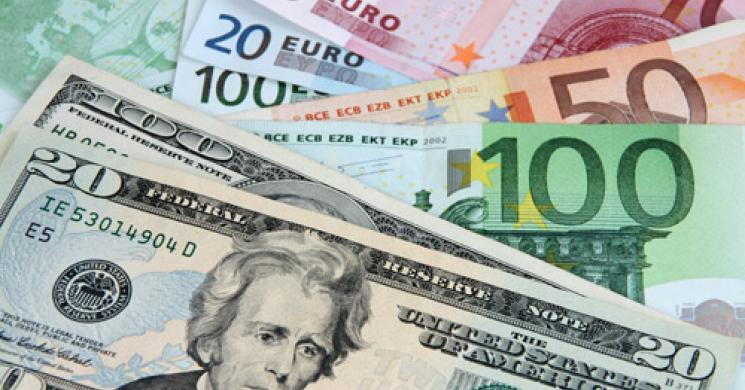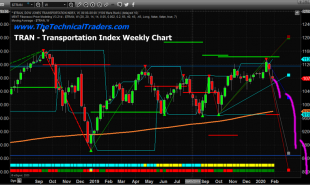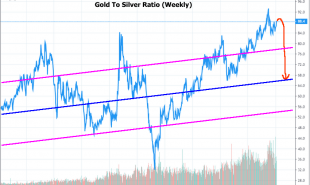
Via: dollarcollapse.com
Of all the despicable side-effects of modern monetary policy, the worst might be the implicit encouragement artificially-low interest rates give small savers to take outsize risks. The only thing worse might be when government makes it explicit:
How Denmark Is Trying to Get Savers to Invest in Risky Assets
(Bloomberg) – In the country with the longest history of negative interest rates, an experiment is under way.The minister in charge of Denmark’s finance industry wants savers to shift some of the billions of kroner now in bank deposits over to riskier assets.
Danes have about 840 billion kroner ($135 billion) in bank deposits, the latest central bank figures show. Nykredit, the biggest Danish mortgage bank, estimates that number will continue to grow through the end of 2017, marking a record.
But those bank deposits pay no interest. Add the effect of inflation, and savers are actually losing money. For corporate clients, banks charge a fee to hold their deposits, making the loss even bigger.
Business Minister Brian Mikkelsen says he doesn’t want to force households into anything. But “the money is just sitting there at zero interest doing nothing for society,” he said in an interview. “I’m hoping we can put some of all those billions to work.”
Denmark has had negative central bank rates for about half a decade, longer than any other country on the planet, to defend the krone’s peg to the euro. Mikkelsen’s proposal is intended to shift bank deposits into designated equities savings accounts. The idea is that doing so will support Danish companies and help savers earn a little more.
“The banks themselves believe they can put billions of this money to work as investments,” Mikkelsen said. “We need to see how the final proposal is drawn up, but that money’s free so why not put it to work through an equity savings account?”
Mikkelsen this month won political backing for his plan, which would take effect in 2019. Danes will be allowed to place up to 200,000 kroner into the equity savings accounts. Returns will be subject to a 17 percent tax, which is less than half Denmark’s capital gains tax. The plan also envisages that savers can get tax rebates on investments as big as 800,000 kroner in start-ups.
According to Nordea Bank AB, Scandinavia’s biggest financial group, Denmark faces negative interest rates until well into 2020.
So the world’s governments screw up their countries’ finances by borrowing too much and (in order to afford the interest on their debts) pushing interest rates down to zero. Then they tell savers — who are just trying to put something away for life’s exigencies — that their bank accounts aren’t helping society, and encourage those people to take risks with their meager nesteggs.
Not so long ago, even politicians understood that savings were the engine of the economy. People stored their extra money in banks, which then lent that money out – often to those same customers – to start businesses and buy houses. Now governments are asking small savers to bail out them out by buying growth stocks – at the peak of a multi-year bull market that’s due to end with a bang fairly shortly.
Interesting that governments aren’t saying the same thing to billionaires buying Di Vincis and vintage Rolexes – neither of which pay interest.
Read more by Soren K.Group







